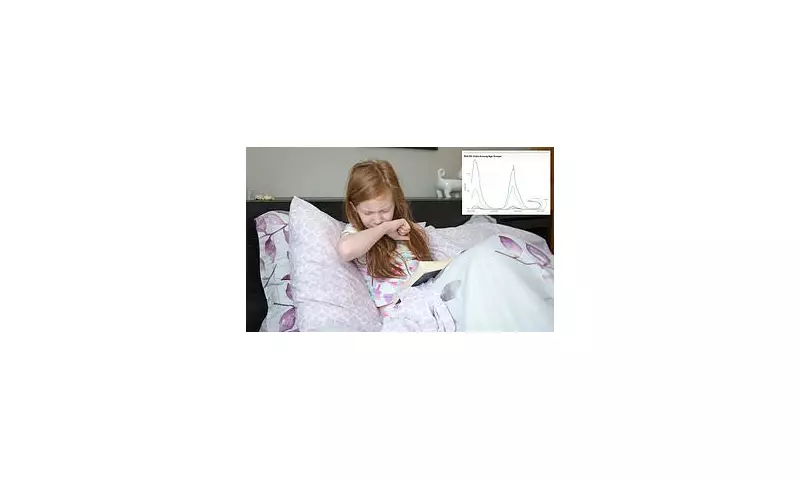
Britain's leading medical experts have issued a stark warning about an impending surge in dangerous respiratory viruses that could overwhelm the NHS this winter. Senior doctors are urging the public to take immediate precautions as healthcare services brace for what could be one of the most challenging seasons in recent memory.
Why This Winter Poses Unprecedented Threats
Medical leaders point to a perfect storm of factors creating ideal conditions for virus transmission. The combination of waning immunity, increased indoor gatherings, and the circulation of multiple respiratory pathogens has created a potentially devastating scenario for public health services across the United Kingdom.
The Viruses Causing Concern
Healthcare professionals are particularly worried about several specific threats:
- RSV (Respiratory Syncytial Virus): Especially dangerous for infants and elderly patients
- Influenza: Early indicators suggest particularly virulent strains this season
- COVID-19 variants: New mutations showing increased transmissibility
- Other seasonal pathogens: Creating additional pressure on already strained services
What This Means for NHS Services
Hospital trusts across the country are preparing for significant challenges. Emergency departments anticipate longer waiting times, while intensive care units are increasing bed capacity in anticipation of severe respiratory cases. General practitioners are also bracing for increased demand during the coming months.
Protecting Vulnerable Groups
Medical experts emphasise that certain populations face higher risks:
- Young children with developing immune systems
- Elderly individuals with existing health conditions
- Immunocompromised patients across all age groups
- Pregnant women and their unborn children
Essential Protective Measures
Doctors recommend several key strategies to reduce infection risk:
Vaccination remains the cornerstone of protection. Health authorities strongly urge eligible individuals to receive both flu and COVID-19 booster vaccinations as soon as possible. Early vaccination provides the best defence against severe illness.
Basic hygiene practices continue to play a crucial role in preventing transmission. Regular hand washing, proper respiratory etiquette, and maintaining clean surfaces can significantly reduce virus spread in homes and public spaces.
When to Seek Medical Attention
Healthcare professionals advise monitoring for specific warning signs that require immediate medical attention:
- Difficulty breathing or shortness of breath
- Persistent high fever that doesn't respond to medication
- Severe dehydration symptoms
- Worsening symptoms in vulnerable individuals
The medical community stresses that early intervention can prevent complications and reduce strain on emergency services. However, they also remind the public to use NHS services appropriately, reserving emergency departments for genuine emergencies.
Looking Ahead: Preparing for Winter Challenges
As Britain moves deeper into winter, healthcare leaders emphasise that collective action will determine the severity of the coming viral wave. By taking proactive measures and following medical guidance, the public can help protect both themselves and the National Health Service during this critical period.
The coming months will test the resilience of our healthcare system, but with proper preparation and public cooperation, doctors remain hopeful that the worst impacts can be mitigated.





